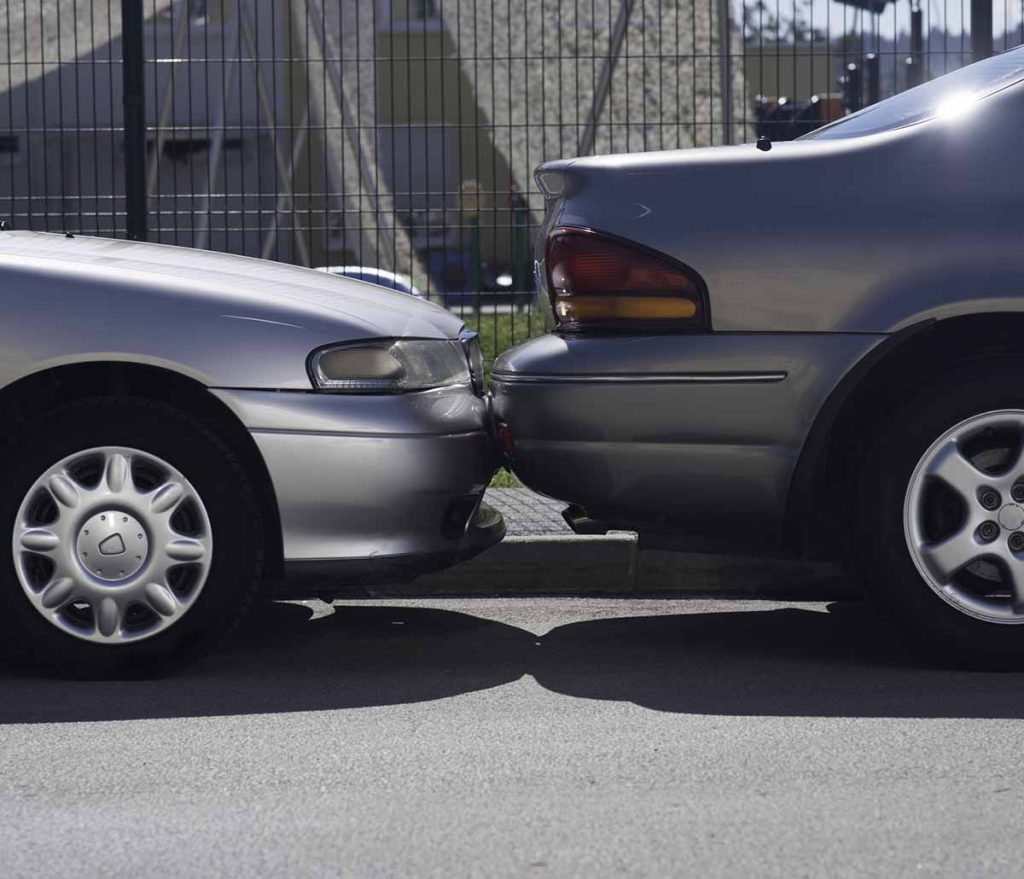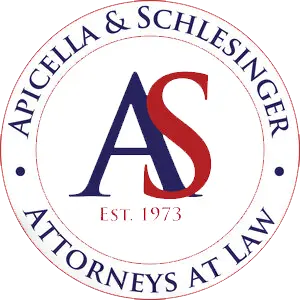The term ‘minor’ is relative. Even a seemingly minor auto accident can cause physical damage and injuries.
What should you do if you’re in a minor car accident and there appears to be no damage? What you might initially perceive as minor may have more significant ramifications down the line, including hidden car damage or delayed medical symptoms.
Consulting with a lawyer soon after the accident can help you decide whether to proceed with legal action.

Understanding ‘Minor’ Auto Accidents
A minor auto accident generally involves minimal injury and property damage. However, the term is relative. What you might initially perceive as insignificant may have more significant ramifications down the line, including hidden car damage or delayed medical symptoms.
Immediate Actions
- Check for Injuries: No matter how minor the accident seems, ensure everyone involved is okay. If anyone is injured, call emergency services immediately.
- Move to a Safe Location: If possible, move vehicles out of the traffic flow to a safe location. Turn on hazard lights and set up warning triangles if you have them.
- Stay Calm: Accidents are stressful, but remaining calm is essential. Take deep breaths and try to keep a clear head.
Information Gathering
Exchange Information: Collect the other driver’s information, including:
- Name
- Address
- Phone number
- Insurance company and policy number
- Vehicle information (make, model, license plate)
- Document the Scene: Take photos of the vehicles, focusing on areas with damage and the positions of the vehicles. Capture pictures of license plates and any street signs or landmarks that can help identify the location.
- Witnesses: If there are witnesses, ask for their contact information. Their statements could be helpful later on.
- Take Notes: Write down details like the time, location, weather conditions, and other factors that might have contributed to the accident.
Post-Accident Steps
By following these guidelines, you’ll be better prepared to handle the situation and any complications that might arise later on.
- Contact Insurance: Notify your insurance company about the accident immediately, even if the damage is minor. They will guide you through the process of filing a claim if necessary.
- File a Police Report: In some jurisdictions, it’s mandatory to file a police report for any accident. Check local laws to determine if you need to do this. Even if it’s not required, having an official report can help resolve any disputes that may arise later.
- Seek Medical Attention: Sometimes, injuries aren’t immediately apparent. It’s a good idea to get checked out by a medical professional after an accident, even if you feel fine.
- Repair Assessment: Have your vehicle assessed for damages. Minor dings might seem insignificant, but they could hide more severe issues.
- Keep Records: Maintain all documentation, including medical bills, repair estimates, and correspondence with your insurance company. This will be useful if there are legal complications.
Additional Considerations
- Legal Advice: Consult an attorney if you have any concerns about liability, especially if the other party is uncooperative or threatening legal action.
- Do Not Admit Fault: Even if you believe you may have caused the accident, admitting fault can have legal implications. Let the authorities and insurance companies determine who is at fault based on evidence and proper procedure.
Free Consultation with a Bronx Car Accident Lawyer
Contact Apicella & Schlesinger Attorneys at Law to request a free consultation.
Call (212) 568-4245